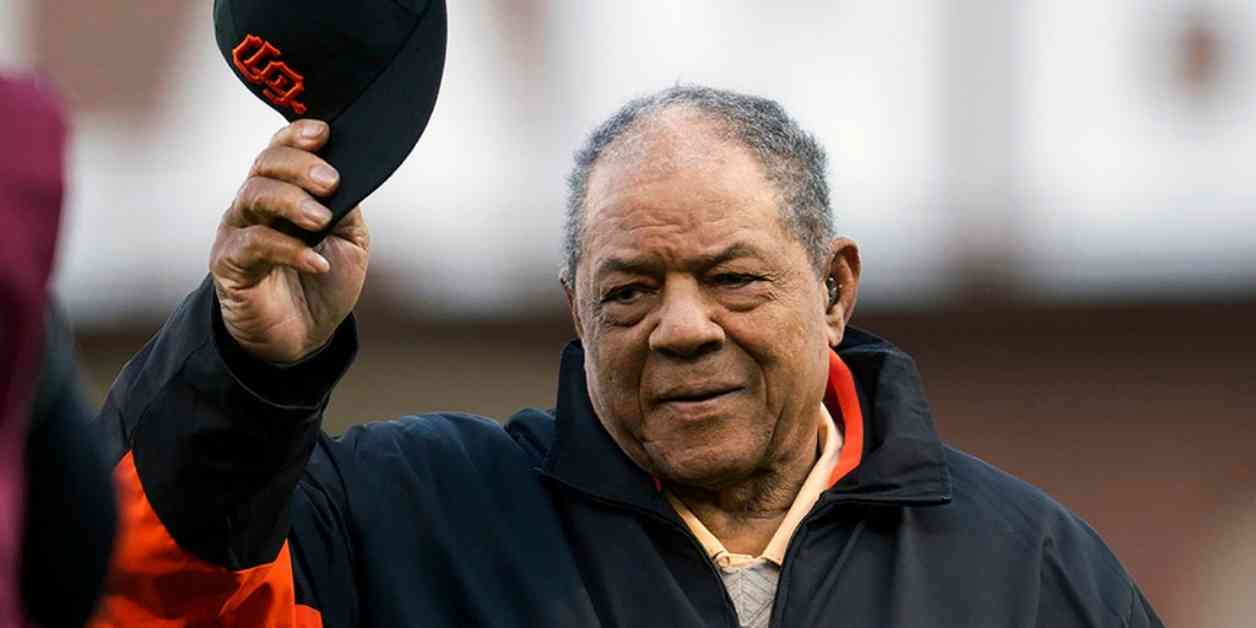Willie Mays, the baseball legend, made a significant move in 1960 by purchasing a 15-room mansion in a New York City suburb, New Rochelle, to escape the racist housing discrimination he faced in San Francisco after the New York Giants relocated to the Bay Area in 1957. Despite being a superstar athlete, Mays encountered difficulties in finding a home due to discriminatory practices that made headlines nationwide.
Mays, along with his first wife Margherite, was one of the first Black families to move into the upscale section of New Rochelle, where they kept to themselves during their short time living there. The purchase of the castle-like home in New Rochelle allowed Mays to avoid the racial tensions and discrimination he faced in San Francisco.
The beautiful mansion in New Rochelle served as a retreat for Mays from the turbulent times in his first marriage. Reports of a crumbling marriage between Mays and Margherite surfaced, leading to a public separation and eventual divorce. The relationship between the two was strained, with instances of Mays sleeping at the opposite end of the home indicating the growing animosity.
After his divorce from Margherite, Mays remarried to Mae Louise Allen, and they remained together until her passing in 2013. Margherite passed away in 2010. Despite the personal challenges he faced, Mays’ baseball career was nothing short of legendary. His impressive stats include 3,283 hits, 660 home runs, a career .301 batting average, 1,909 RBIs, and 339 stolen bases.
Mays’ outstanding performance on the field earned him a spot in the National Baseball Hall of Fame in 1979 and a place on the New Rochelle Walk of Fame in 2014. His contributions to the sport were recognized by President Barack Obama, who awarded Mays the Presidential Medal of Freedom in 2015.
Throughout his career, Mays played for various teams, including the New York Giants, San Francisco Giants, and New York Mets. He holds the MLB record for the most putouts by an outfielder, with over 7,000 career putouts, a testament to his exceptional skills and talent on the field.
Willie Mays’ legacy extends beyond his remarkable baseball career, as his impact on the sport and the community continues to be celebrated. His story serves as a reminder of the challenges he overcame and the lasting mark he left on the world of baseball.


















